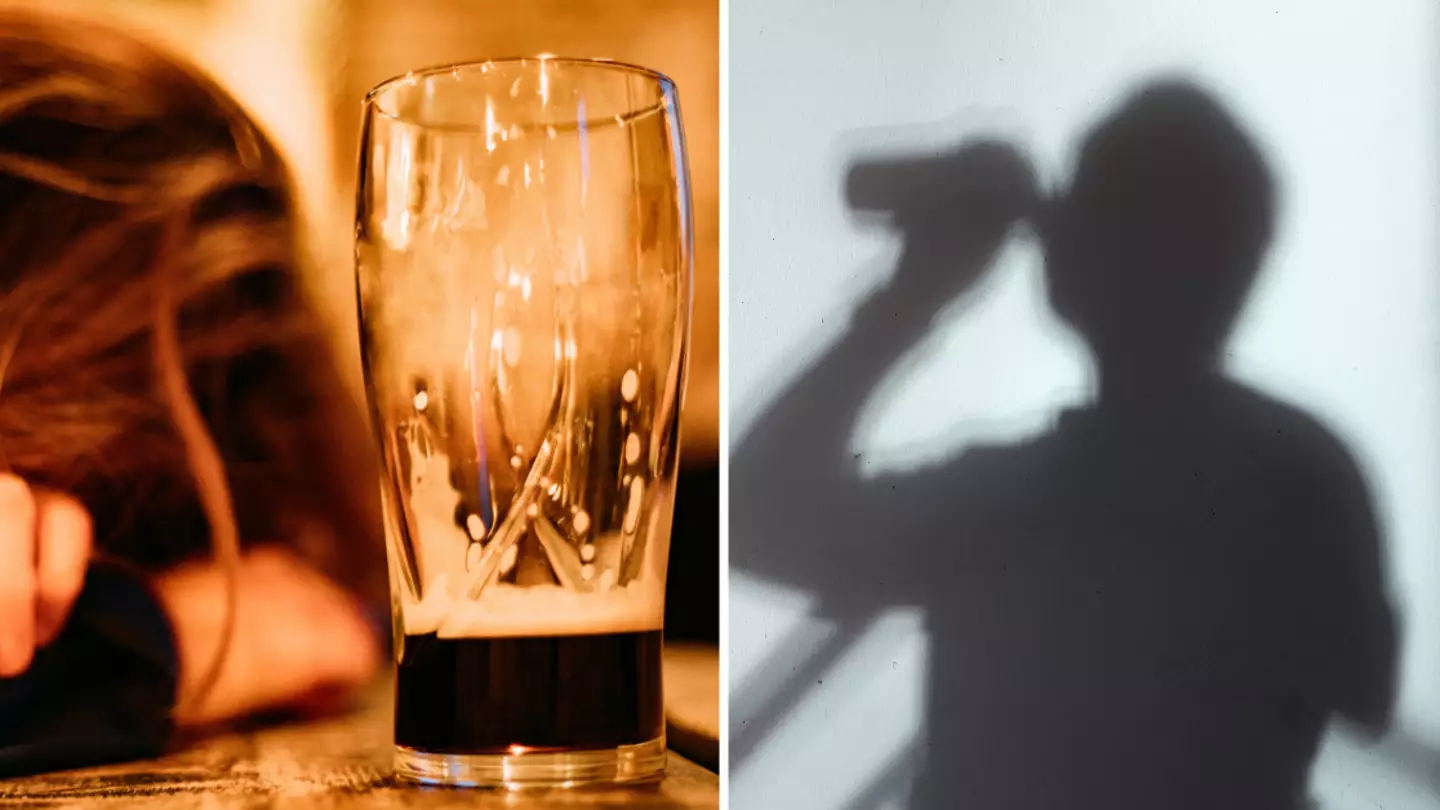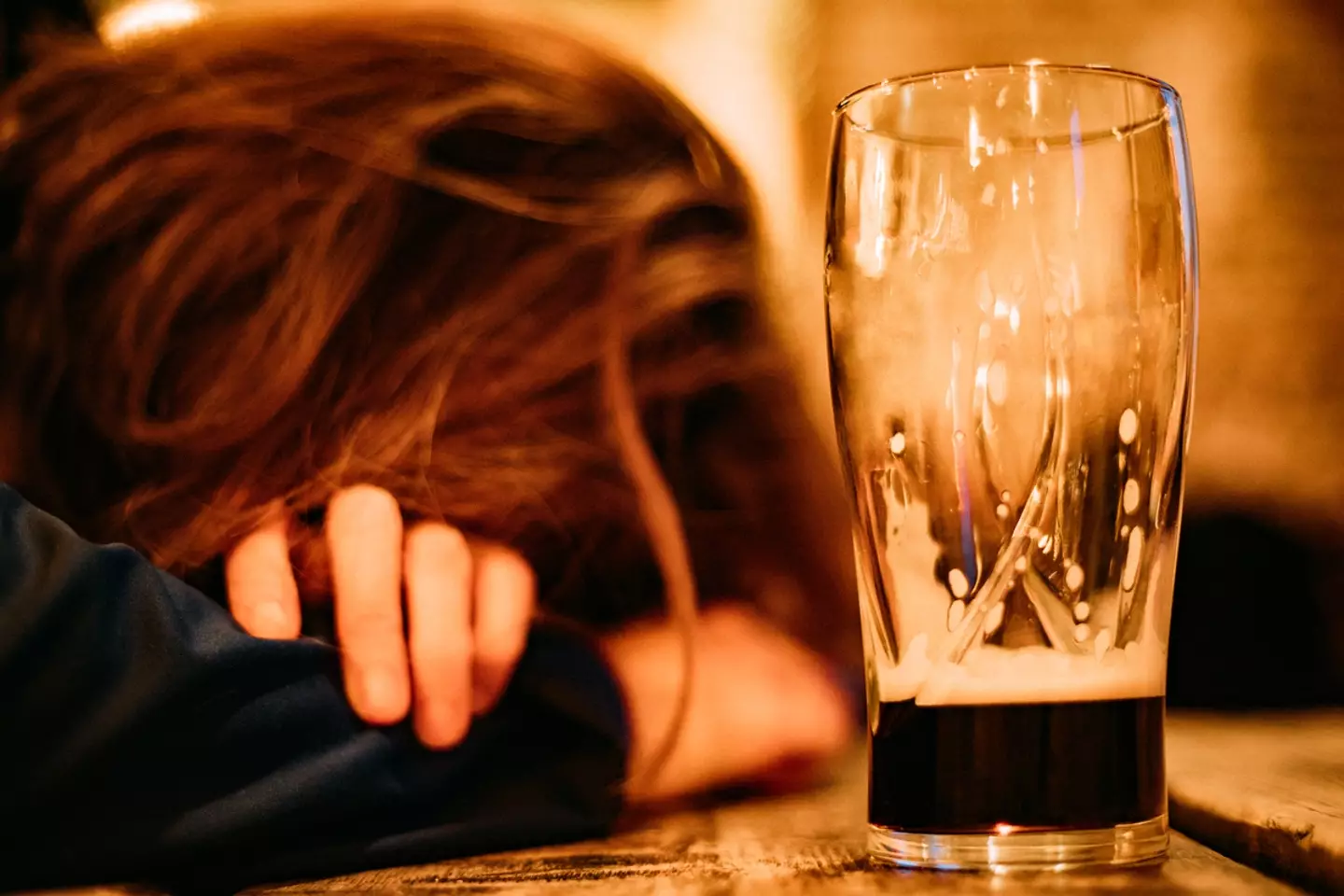
Warning: This article contains discussion of alcoholism which some readers may find distressing.
Experts have shared a list of 'dry drunk syndrome' symptoms to look out for if someone has stopped drinking.
Now, the term itself was actually first coined by the creator of Alcoholics Anonymous, and it refers to the behaviour an individual who has given up alcohol shows after quitting drinking, but not properly dealing with issues that led to their addiction in the first place.

Why does 'dry drunk syndrome' happen?
Dry drunk syndrome, also known as 'white-knuckling', occurs when a person is still struggling with the emotional and psychological issues that led them them to abuse alcohol.
Advert
It's most noticeably categorised when they turn to destructive coping habits instead of developing healthy habits.
What are the symptoms of 'dry drunk syndrome'?
Now, according to WebMD, there are quite a few symptoms of dry drunk syndrome and, while everyone's experiences are different, a key one is 'wanting to be the centre of attention'.
According to the experts, 'feeling like you're always the victim' and 'having trouble communicating with other people' are also two other major warning signs.
Advert
Mood swings that range from depression to extreme happiness should also ring alarm bells, as well as 'refusing to accept constructive criticism'.

In more of a social setting, WebMD notes that both 'anger and resentment towards family and friends who intervened in your drinking' alongside 'feeling jealous of people who are showing signs of healthy recovery' can also be problem areas which need intervention.
Other symptoms include; 'fear that you can't change', 'frustration over time wasted due to your alcohol abuse', 'believing that sobriety is boring' and 'believing you always know what's best'.
Advert
The final two are equally extremely serious as this can have a direct impact on a person's ability to wholly recover and avoid relapsing; 'not acknowledging the problems your substance abuse caused' and 'romanticising past substance abuse'.
How to with deal with 'dry drunk syndrome'?
WebMD explains: "It's important to understand that quitting drinking without changing lifestyle, behaviours, and thought processes isn't enough.
"People become addicted because they started drinking as a way to deal with a problem."
Advert
The first step in dealing with the issue is recognising it and admitting to it.
After this, you can start your journey in reaching out for support and help from the people around you.
Please drink responsibly. If you want to discuss any issues relating to alcohol in confidence, contact Drinkline on 0300 123 1110, 9am–8pm weekdays and 11am–4pm weekends for advice and support.
Topics: Food and Drink, Alcohol, Health, Life, Advice, Mental Health